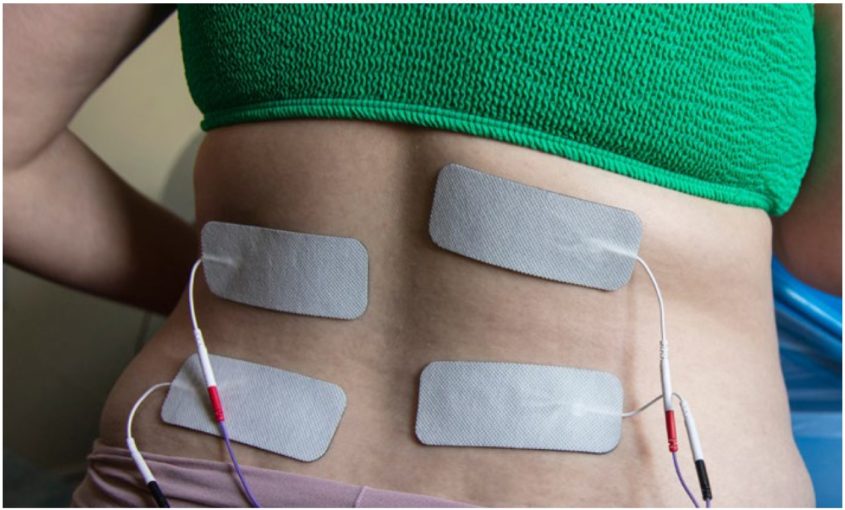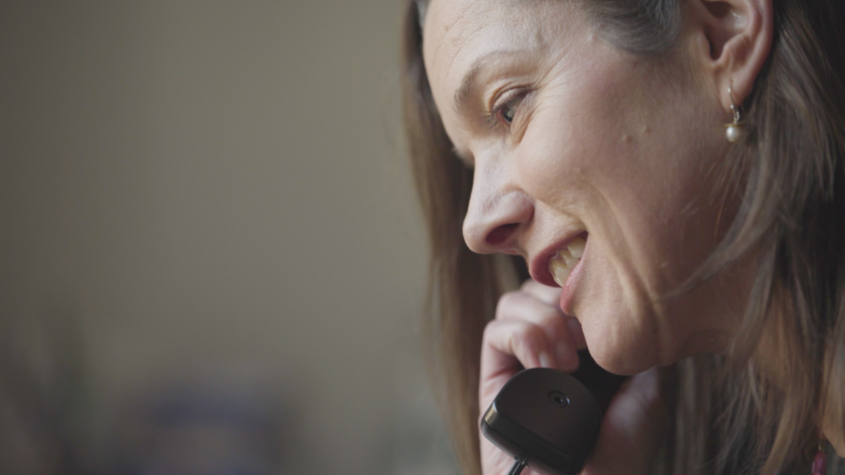Questions about your pain relief?
Speak to your doctor or nurse if you have any questions about your pain relief.
You can also speak to our specialist nurses on our free Support Line.
Medicines that are usually used to treat other health conditions can also be used to relieve pain. These drugs can be taken with other painkillers, such as opioids. Taking these drugs does not mean that you have the condition they are usually used to treat.
Taking these drugs may mean that the dose of opioids can be reduced. This can help if you have bad side effects from opioids.
It can take up to a week for some drugs to have an effect on your pain, so they are not used to treat breakthrough pain. Continue to take the drugs, even if you don’t feel a difference straight away.
“ I think people sometimes think they are on the highest dose they can be when they’re given something like morphine and that’s not always true. Often the pain can be due to other things and there are other things that can be done.”
Pregabalin, gabapentin and carbamazepine are usually used to treat epilepsy, but can also be used to treat nerve pain. They can also help if you are struggling to sleep. They are usually taken as tablets.
These drugs can cause side effects, such as feeling sick, dizziness, tiredness or a dry mouth. Speak to your doctor or nurse if you have any side effects.
Amitriptyline and duloxetine are usually used to treat depression, but can also be used to relieve nerve pain. You usually take these drugs as tablets or capsules.
If you get any side effects, tell your doctor or nurse. Amitriptyline can cause constipation, dry mouth, feeling dizzy, feeling tired, problems passing urine (peeing) or headaches. Common side effects of duloxetine include problems sleeping, headaches and feeling dizzy.
Steroids used to help manage cancer pain include dexamethasone and prednisolone. They can be used to treat nerve pain, soft tissue pain or bone pain. They can help to manage severe pain that needs treating quickly while other pain relief takes effect.
Steroids can be used on their own, or with opioid painkillers. They are given as tablets which should be taken with food, or as a liquid or an injection. It is important to take steroids exactly as they are prescribed by your doctor. Do not stop taking them without talking to your doctor. Steroids can damage the stomach lining, so you will usually also be given a drug to protect your stomach.
Steroids should only be used for a short time, usually up to two weeks. This is because they can cause side effects. These include weak legs, a puffy face, indigestion, changes in your mood, confusion, tummy pain or higher blood sugar levels. Speak to your doctor or nurse if you have side effects, or if you have diabetes.
These drugs are known as antispasmodic drugs. They help relax muscles in your bowel, and can relieve tummy cramps and pain.
These drugs include hyoscine butylbromide (Buscopan®). This can be prescribed by your GP, or you can have it at the hospital. It is given by an injection, or by a syringe pump. Tablets are available but they don’t work as well.
Hyoscine butylbromide can cause side effects, such as a dry mouth or constipation. Speak to your doctor or nurse about taking antispasmodic drugs if you have tummy cramps.
Ketamine is used as an anaesthetic but in low doses it is an effective painkiller. You won’t become addicted to ketamine if you take it as prescribed. It can be used with opioid painkillers if opioids are not relieving all your pain.
Ketamine is given in low doses, usually as a liquid or by syringe pump. The dose can be gradually increased if needed.
Ketamine can cause side effects, including sensing things that aren’t there (hallucinations), blurred vision or dizziness. These side effects will be closely monitored by your medical team. Speak to your doctor or nurse if you have any side effects.
We need more research about ketamine and nerve pain. It isn’t used regularly, and should only be used by doctors who have experience using it.
Specialist doctors can prescribe cannabis-based products for some specific conditions. But only if there is clear evidence to show it is helpful, and there are no better medicines.
Medicines or products containing cannabis can’t be prescribed for cancer pain. This is because there isn’t strong enough evidence to show how well it works, and we need more research into this.
Some products containing cannabis are available online. These may make lots of claims, but may not work and could be poor quality. They may also be illegal and could be dangerous. Health food shops may also sell products containing cannabis, such as cannabidiol (CBD) or hemp oil, but these may also be poor quality. Cannabis that is smoked, or ‘street cannabis’, is illegal and could be dangerous.
It’s very important that you tell your doctor if you are using cannabis products. They may affect other medicines you are prescribed.
Radiotherapy can help to control some types of pain. It is called palliative radiotherapy when it is used to treat symptoms.
Palliative chemotherapy can slow down the growth of the cancer and may help to relieve your symptoms, including pain.
Transcutaneous electrical nerve stimulation (TENS) involves using a small, battery powered machine that you can carry around. You place sticky pads onto your skin around the painful area. The pads give out pulses of small electrical currents. This feels tingly on your skin, and can feel like pins and needles.
The currents temporarily block nerves from sending pain messages to the brain. They may also stimulate the body to produce its own natural painkillers, called endorphins. This produces short term pain relief.
We need more research to show how well TENS machines work for people with cancer pain. But they are easy to use and rarely cause any side effects. The NHS website has more information about TENS.
Someone using a TENS machine

Speak to your doctor or nurse if you have any questions about your pain relief.
You can also speak to our specialist nurses on our free Support Line.

Updated April 2022
To be reviewed April 2025